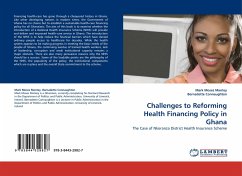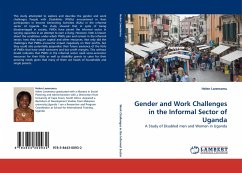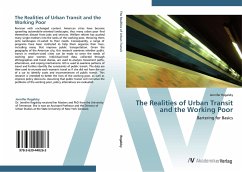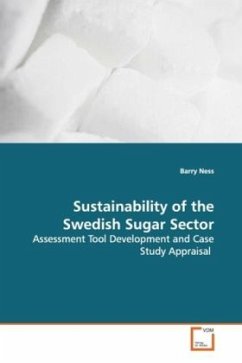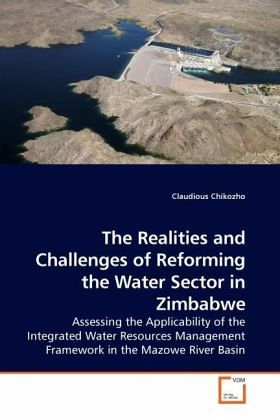
The Realities and Challenges of Reforming the Water Sector in Zimbabwe
Assessing the Applicability of the Integrated Water Resources Management Framework in the Mazowe River Basin
Versandkostenfrei!
Versandfertig in 6-10 Tagen
52,99 €
inkl. MwSt.

PAYBACK Punkte
26 °P sammeln!
The search for more sustainable water resources management options has led to the emergence of integrated water resources management as the dominant guiding framework in the Zimbabwean water sector. Using experiences from the Mazowe river basin, this book explores the main challenges and opportunities faced in reforming the water sector. It relies on methodologies derived from the phenomenological paradigm and institutionalist-oriented analytical approaches to assess the water reforms in relation to three key themes namely, equitable access to water, institutional reconfiguration and stakehold...
The search for more sustainable water resources management options has led to the emergence of integrated water resources management as the dominant guiding framework in the Zimbabwean water sector. Using experiences from the Mazowe river basin, this book explores the main challenges and opportunities faced in reforming the water sector. It relies on methodologies derived from the phenomenological paradigm and institutionalist-oriented analytical approaches to assess the water reforms in relation to three key themes namely, equitable access to water, institutional reconfiguration and stakeholder participatory processes. The study found out that while the water policy and legislation has been reconfigured to address historical inequities in access to water, there is an apparent lack of specific strategies and programmes that can operationalize the new water policy and cause positive transformation of livelihoods on the ground. Improving conditions for accessing water will be useless if it is not supported by comprehensive government and donor support that enables previously disadvantaged social groups to engage in productive water use and alleviate poverty.



